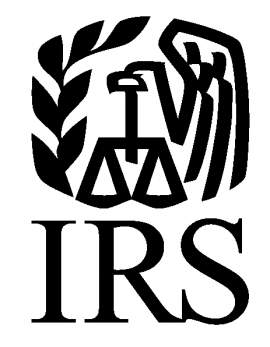
Form 1040

What is the IRS Form 1040?
Form 1040 is the basic form used for an individual income tax return with the IRS. It is a two page document that is used to get information about the taxpayer, income and possible adjustments, dependents, allowable deductions, and more. Both American citizens and resident aliens are eligible to use Form 1040 in order to summarize income, deductions, and tax credits.
While Form 1040 instructions explain how to fill out the form properly, some individuals are eligible to use Form 1040A or 1040EZ, which are the simpler alternatives. As Form 1040 instructions indicate, these easier versions do not allow the ability to itemize. This makes them less time consuming to complete. Most taxpayers who do not earn more than $100,000 are eligible to use these forms.
Not only were many new tax incentives enacted in 2009 due to the American Recovery & Reinvestment Act, but the IRS now provides a new way to file these forms. The IRS provides an e-file service as well as the use of direct deposit, which can allow a taxpayer to receive his or her refund in as little as ten days after filing the tax return.
Information required for Form 1040
The Form 1040 Instructions have lines designated for the following information:
• Name and address
• Name or address change
• P.O. Box or foreign address if applicable
• Social Security number or IRS Individual Taxpayer Identification Numbers for Aliens
• Presidential Election Campaign Fund
• Filing Status (such as single, married filing separately, etc.)
• Exemptions
• Dependents
• Income
• Other Taxes
• Third Party Designee
• Signature
Form 1040 Instructions for Filing Requirements
Here are some important things to know about the filing requirements of Form 1040:
• You should file if any federal taxes have been withheld from your income or if you are eligible for certain credits, such as the Making Work Pay Credit, the Additional Child Tax Credit, the American Opportunity Credit, First-Time Homebuyer Credit, the Adoption Credit, or more.
• Most years have a filing due date of April 15 (although there can be exceptions). Check the 1040 instructions booklet to see the official date.
• Depending on filing status (single, married and filing together, married but filing separately, head of household, qualifying widower with dependent child), age, and gross income, you may have to file Form 1040. The requirements can be found through the Internal Revenue Services
• There are certain exceptions for children under the age of 19 or full time students, resident aliens, nonresident aliens, and dual-status alien that require filing a Form 1040.Form 1040 Instructions and Information
The official Form 1040 Instructions provided by the IRS also gives helpful information such as avoiding common mistakes, rights as s tax payer, estimated tax payments, and more. They provide a separate booklet of Form 1040 instructions that can be found online to help make filling out Form 1040 much more understandable.
For more information on Form 1040 instructions, the IRS provides the following services:
• Responses to written tax questions
• A frequently asked questions section on their online website
• Free help with return from IRS-sponsored volunteers through various programs such as the Volunteer Income Tax Assistance program along with one for Tax Counseling for the Elderly
• The Internal Revenue Service provides a separate booklet of Form 1040 instructions that can be found online to help make filling out Form 1040 much more understandable.



















